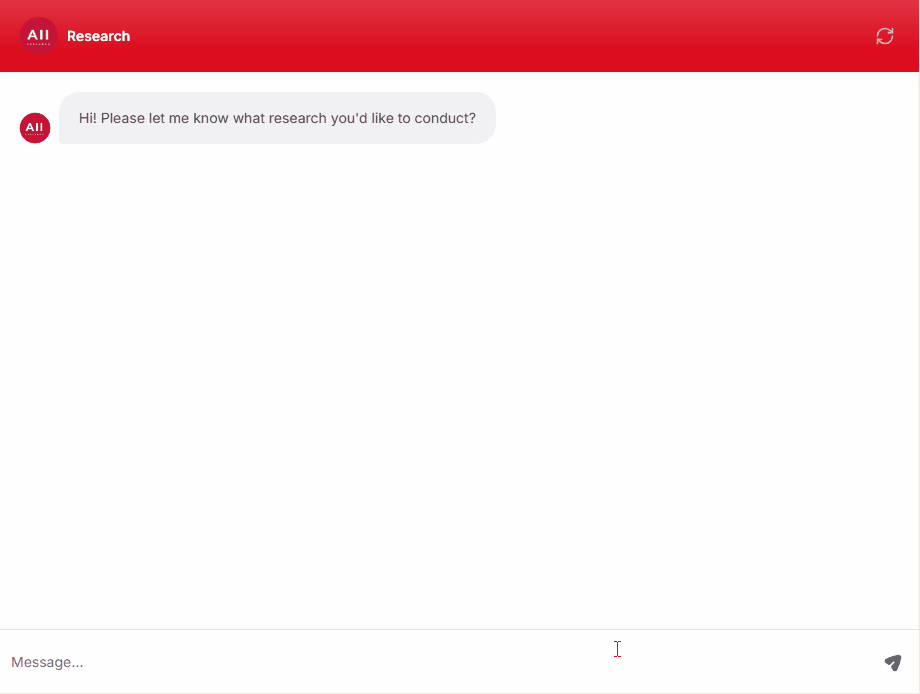Information Lifecycle Management (ILM)
The process of managing information throughout its lifecycle, from creation and usage to archiving and disposal, ensuring compliance with legal and business requirements.
Implications
A strategic approach to managing data throughout its lifecycle, from creation and storage to usage, archiving, and eventual disposal, often used to optimize data management, reduce costs, and ensure compliance with regulatory requirements.
Example
Example: A financial institution implements Information Lifecycle Management to ensure that customer data is securely stored, easily accessible, and properly archived or deleted according to data retention policies, reducing storage costs and improving data governance.
Related Terms
Different from simple data management, which focuses on the operational handling of data, ILM involves a holistic approach to managing data over its entire lifecycle, ensuring that it remains secure, accessible, and compliant throughout.

